I am an 1855 Assistant Professor in Data Science for STEM at Michigan State University. My lab is affiliated with the Departments of Integrative Biology and Computational Mathematics, Science, and Engineering, as well as the Ecology, Evolution, and Behavior program. Prior to joining Michigan State University, I was an NSF Postdoctoral Fellow with Dr. Erich Jarvis at the Rockefeller University and Dr. Elizabeth Hobson at the University of Cincinnati, and worked on tracking early social experiences in a model songbird species. I finished my Ph.D. in 2020 with Dr. Tim Wright at New Mexico State University, in which I used an introduced parrot species as a natural experiment for population genetics and bioacoustics projects. I graduated from Haverford College with a B.S. in Biology and Spanish.




